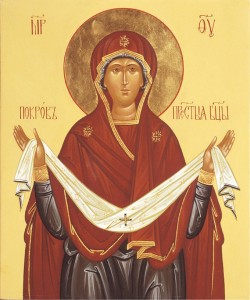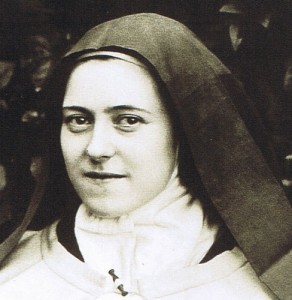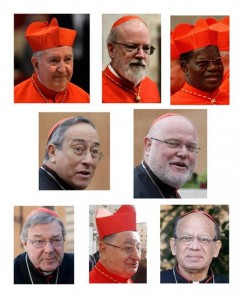Yesterday, I posted Rod Dreher’s essay, “I’m Still Not Coming Back to the Catholic Church.”
 Here is Emily Stimpson’s essay, “Why I’m Never Leaving the Catholic Church” where she tries to respond to Rod Dreher. She felt the need to counter the experience of someone she respects. Fine. There are important things in her essay to be mindful of, too: a weak catechetical formation in doctrine and Scripture, and the struggle against a relentless secularism. She also sacrificed much to be educated in the Catholic faith. But I don’t believe she took gave an honest read to Dreher’s experience.
Here is Emily Stimpson’s essay, “Why I’m Never Leaving the Catholic Church” where she tries to respond to Rod Dreher. She felt the need to counter the experience of someone she respects. Fine. There are important things in her essay to be mindful of, too: a weak catechetical formation in doctrine and Scripture, and the struggle against a relentless secularism. She also sacrificed much to be educated in the Catholic faith. But I don’t believe she took gave an honest read to Dreher’s experience.
Virtue is in the middle. So is the truth. But so is one’s experience. Perhaps he does a better job at articulating the matters of importance.I have to say, though, Stimpson’s essay sounds a lot like George Weigel’s response to Jesuit Father Tom Reese’s assertions in “It’s Fun to be Catholic Again.” Naming all the good things happening in the Catholic Church in the USA is not going to lead many to the truth and to be in full communion with Peter. Our Catholic witness has to be more than that. Weigel’s responding to a petulant Jesuit priest. Stimpson has to up her game because I take her essay as merely reducing all those good things to programing when the real issue where is Jesus Christ met. The culture of encounter, as Pope Francis identifies so well for us (and before him JP & B16).
True that Ms Stimpson has full communion in the Church of Rome; good for her that she’s recognized the call of Jesus to be so united. She has the essentials: a valid priesthood, valid sacraments, a coherent moral and social teaching, she has a true sentire cum ecclesia, etc. Mr Dreher has everything that Stimpson has but the unity of the Church under Peter. And I would say that Dreher also lives in spirit of sentire cum ecclesia, though not with the fullest of feeling. Does one conclude that Dreher is not saved by Christ? Of course, not. The Orthodox Church has a valid priesthood, valid sacraments, a moral and social body of teaching, and synodality (and much more).
I want to be clear. One up-manship is a ugly game. Just look at the self-righteous comments left on FB and their sites where these essays were originally posted. Sad to say, charity and honest are left at the door in some cases. What happened to Benedict XVI’s famous line, “we only propose, never impose the faith”? Do we even know that that means? Do we really care? The new evangelization has to be more sophisticated and working with real experience.





